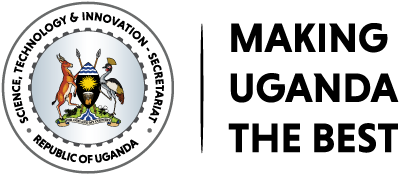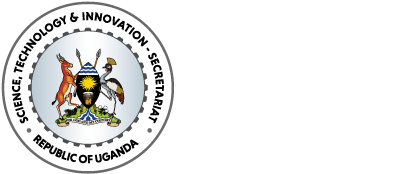In a significant milestone in the global fight against malaria, Uganda has launched a large-scale malaria vaccine introduction, marking a historic step in the country’s efforts to combat one of its deadliest diseases.
On April 2, 2025, Uganda’s Ministry of Health, supported by GAVI, the Vaccine Alliance, UNICEF, the World Health Organization (WHO), and other partners, initiated the routine immunization program for the R21/Matrix-M malaria vaccine in Apac District, northern Uganda. This launch is part of the largest malaria vaccine roll-out to date, targeting over 1.1 million children under two years old in 107 high and moderate malaria transmission districts across the country[1][5].
The R21/Matrix-M vaccine, which will be administered in a four-dose schedule at six, seven, eight, and 18 months of age, aims to protect children from severe malaria and death. This vaccine has been shown to reduce overall child mortality by 13% and significantly decrease severe malaria hospitalizations in studies conducted in Ghana, Kenya, and Malawi[1][2].
Uganda is among the countries most heavily burdened by malaria, ranking third globally in malaria cases and seventh in malaria-related deaths. In 2024, the country recorded over 10.9 million malaria cases, resulting in 3,582 deaths, with 16 Ugandans dying from malaria every day, 10 of whom are children under five years old[1].
The introduction of the malaria vaccine is part of Uganda’s broader Expanded Programme on Immunization (UNEPI), which now includes 14 vaccines protecting against various diseases. The Ministry of Health emphasizes that while the vaccine is a crucial tool, it should not replace other malaria prevention measures such as insecticide-treated mosquito nets, indoor residual spraying, and environmental control efforts[1].
The roll-out has been facilitated by significant support from international partners. UNICEF has procured and airlifted 3.5 million vaccine doses, with 2.278 million already distributed to the targeted districts. GAVI has provided essential financial support for the procurement, transport, and roll-out of the doses, and WHO has offered guidance and technical assistance to ensure the successful implementation of the program[1][5].
This initiative underscores the global commitment to combating malaria. The WHO has recommended two malaria vaccines for use in children living in moderate to high malaria transmission areas: the RTS,S/AS01 vaccine and the more recently approved R21/Matrix-M vaccine. Both vaccines have been shown to be safe and effective in reducing malaria cases and deaths among children[2][5].
As Uganda embarks on this significant health initiative, it sets a precedent for other countries in the region to follow, highlighting the importance of integrated malaria control strategies that include vaccination, vector control, and case management. This launch marks a major step forward in Uganda’s commitment to eliminating malaria and saving thousands of young lives.

